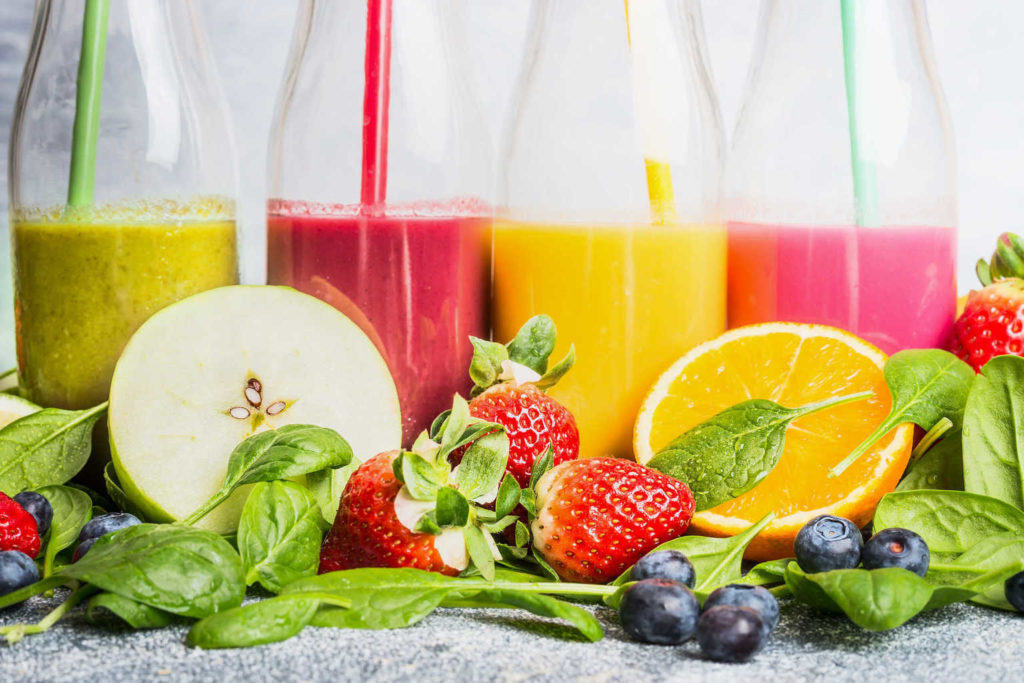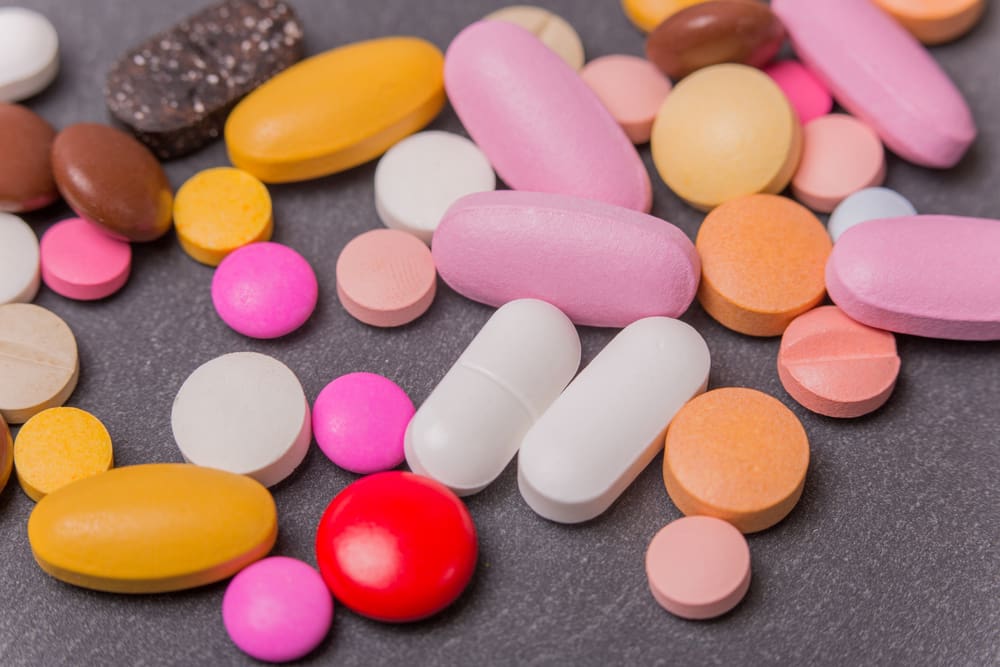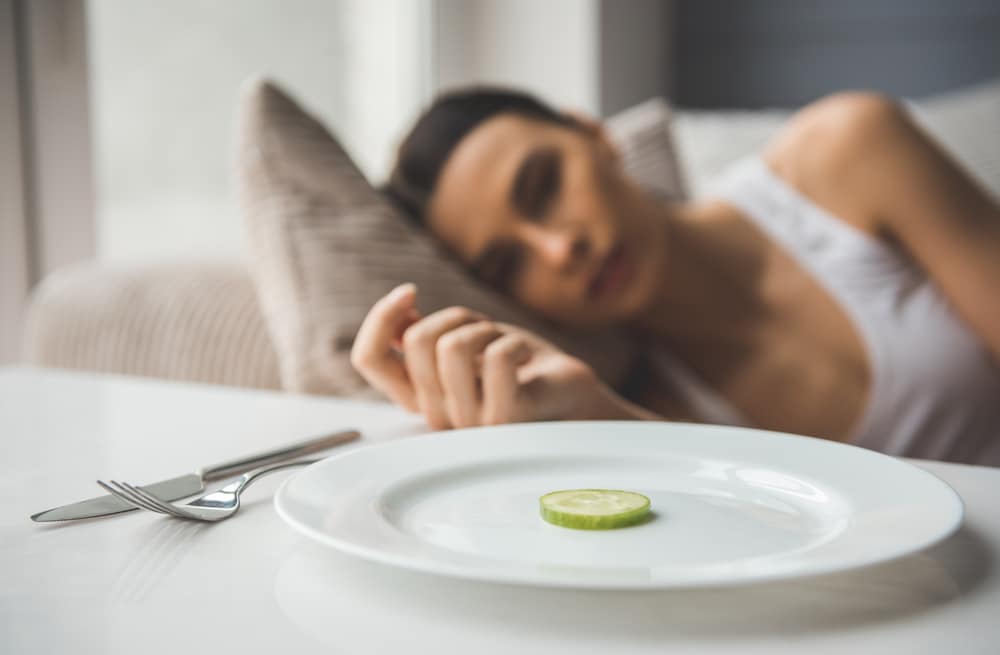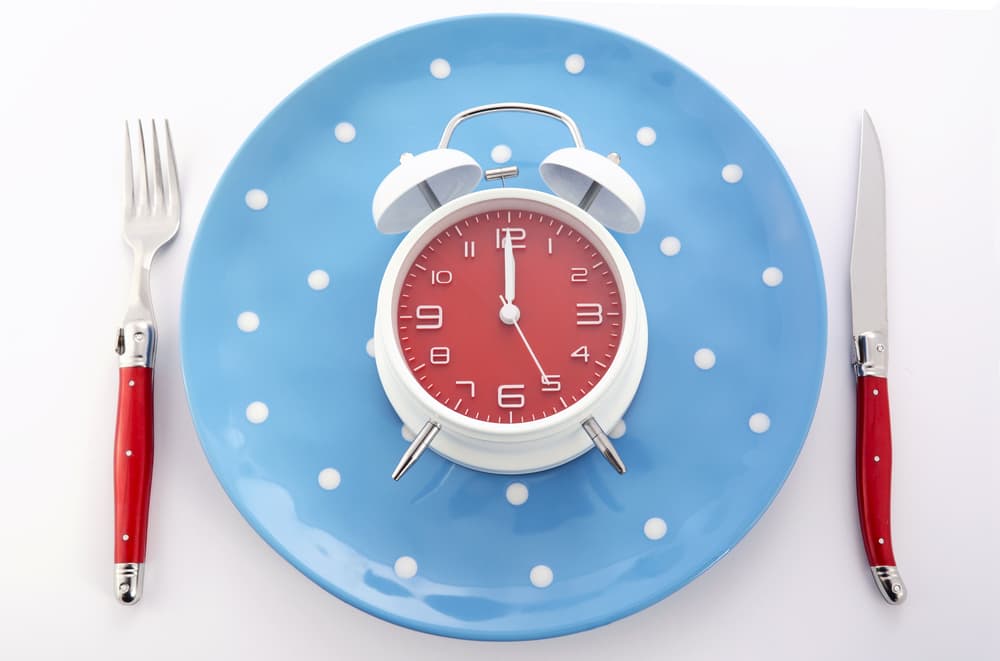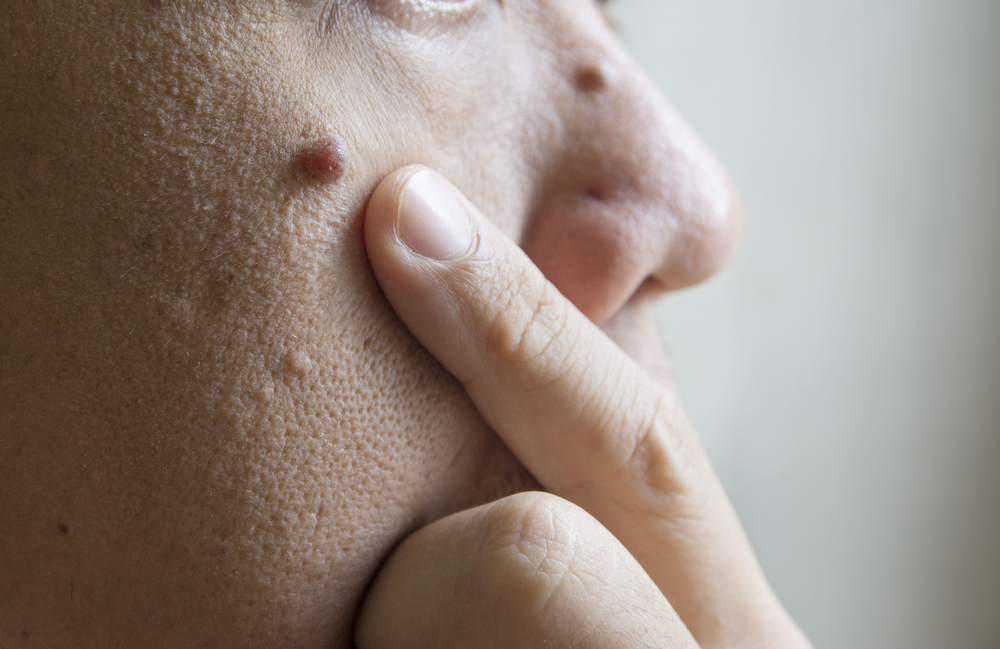Contents:
- Medical Video: How To Make Baby Food: Mixed Vegetables
- The impact of consuming excessive juice
- Tooth decay
- Flatulence and discomfort
- Diarrhea
- Child growth is hampered
- Obesity
- Malnutrition
- Reluctant to drink water
- Reluctant to eat whole fruit
- Guidelines for giving juices to babies
Medical Video: How To Make Baby Food: Mixed Vegetables
Most babies don't need juice because all the nutrients, vitamins and minerals needed are already contained in breast milk or formula milk and solid foods. Moreover, many juice products are loaded with sugar. As a parent, of course you don't want the child to be addicted to sweet drinks from childhood, right? Actually, giving juice to children is legitimate, but wait until the child is at least 8 months old and can already drink from sippy cup.
Give juice only after the child has finished eating. If not, the child will already be full of juice before eating the staple food. Choose a juice labeled 100% pure fruit (this product may contain less added sugar than other products), and dilute the juice with half a glass of drinking water. Daily juice consumption should not be more than 4 ounces because consuming too much juice can cause diarrhea.
The impact of consuming excessive juice
Tooth decay
Because it contains high sugar, excessive drinking of juice can damage tooth enamel and cause dental caries. The habit of children drinking juice directly from a bottle or cardboard juice, both during the day and night before bed, accelerates the development of dental caries.
Flatulence and discomfort
Because the digestive system is not perfect, babies are very susceptible to stomach pain. The digestive tract of infants under 6 months does not have enough enzymes needed to digest the high sugar in juice.
In fact, even the digestive system of adults has its own limits for digesting juice at one time.
Diarrhea
Babies and children are also very susceptible to diarrhea due to an imperfect digestive system. One factor that causes children to diarrhea is the consumption of large amounts of juice (more than 5 ounces or 150 ml per day). Sugar passing into the large intestine attracts additional fluid and bacteria present in the intestine to ferment sugar. This can cause excessive gas production and make watery stools (diarrhea).
Child growth is hampered
It turns out that excessive consumption of juice (accompanied by a lack of intake of organic nutrients) can be a factor that can inhibit children's development.
If the consumption is not restricted, juice will continue to suppress the child's appetite. Over time, the juice is feared to replace the source of nutrients that children really need to develop, such as breast milk, formula milk or other nutritious foods.
Obesity
Fruit juice has a high glycemic index, which means a high percentage of sugar in juice can increase blood sugar levels quickly. As a result, an increase in blood sugar triggers the body to release insulin into the bloodstream. High insulin levels then cause fat accumulation and increased hunger.
Malnutrition
Both fruit juice and fruit drinks contain high levels of sugar but are low in complex carbohydrates, protein, fat and fiber. In addition, juices also contain levels of minerals, such as iron, calcium, and zinc (zinc) which tend to be low.
When compared with children who do not get nutritious food at all, children who drink juice still get calories from the sugar contained in juice. However, this certainly will not be balanced because the child's body needs other nutrients. As a result, drinking too much juice can cause malnutrition and / or anemia.
With the habit of drinking too much juice, children will tend to refuse to drink milk. In fact, milk provides calcium and vitamin D which can prevent rickets (thinning of bones), where the number of sufferers continues to increase in several countries.
Reluctant to drink water
Parents may worry about increasing the number of children who prefer juice rather than water. In fact, water is known to be good for the body.
White water is needed to maintain fluid balance in the body of a baby who has started to know solid foods. Water is also commonly used to thin juice, and this is highly recommended by health care providers.
Reluctant to eat whole fruit
Compared to fruit juice, of course native fruits contain various nutrients (as discussed further above). Thus, the daily intake of whole fruit cannot be replaced by drinking juice.
Guidelines for giving juices to babies
If you plan to juice the child, follow the tips below:
- Serve 100% real fruit juice, not a juice drink or powder drink mixture (sweet)
- Limit the amount of juice, no more than 4-6 ounces (120-170 ml) per day
- Serve juice in a glass, not in a bottle

